All last week the brilliant site, The Feminist Wire, hosted a forum on masculinities. Their forum included nearly 30 entries that interrogated and reconsidered what we’re talking about when we say “masculine.” It was a necessary conversation. It is an important step in deconstructing the masculine-normative position that often goes unquestioned and unexplored. By acknowledging that masculinities are just as constructed as femininities, we help destroy the assumption that “feminine” is “Other.”
Kudos to The Feminist Wire for creating a safe space in which writers can be honest and thoughtful in considering their own experiences and interpreting the cloudy lens of masculinities in the world. We are honored that an essay by Musiqology’s Editor-in-Chief, Guthrie Ramsey, was included in the forum.
If you missed the posts from last week, please read Lisa Jean Moore’s excellent summary of the forum. Her recap also includes a list of the forum’s entries.
Here is an excerpt from Guthrie Ramsey’s essay entitled: “Bebop, Jazz Manhood and “Piano Shame”
~Musiqology Managing Editor
In a media-scape saturated with electronic beats, auto-tuned voices and urban contemporary styles grounded in hip-hop production sensibilities, contemporary popular music commands the attention of many commenters concerned with gender analysis. Jazz, for the most part, is not seen as a site worthy of such investigations, particularly in social media. Yet it’s fascinating to consider bebop (or modern jazz) and what people heard in it as a gendered sonic field doing extraordinary cultural work in the quest for masculinity. Artists such as Amiri Baraka and Quincy Jones have confessed their intense identification with bebop’s experimental language as young men, describing it as more of lifestyle than a musical choice, much like hip-hop devotees. It may surprise some readers that like the lyrics of rap, non-representational instrumental music such as jazz can be analyzed with respect to its registration of historically contingent social energies like masculinity in potent and pleasurable ways.
Much of this energy occurs at the borders of a perceived musical style or genre. And here is where the case for gender study gets compelling with regard to jazz and bebop. Feminist musicologist Susan McClary argues that “genres and conventions crystallize because they are embraced as natural by a certain community: they define the limits of what counts as proper musical behavior.” Thus, the occasions of stylistic disruption—those times when jazz musicians seemed to push the limit of acceptable generic expectations like they did in bebop—are important sites in which to tease out gendered meanings: in the space between convention and innovation exists the stories of power struggle through experimentation. In other words, as musicians push against a listening community’s acceptable codes of musical behavior, they are usually articulating who they believe they are in the world through displays of musical prowess, stylistic challenge, and experimentation. All of this has circulated, by the way, within a network of ideologies in which popular and “Other” cultures were historically rendered as “feminine” or non-prestigious when compared to an intentionally “butched-up” western art music discourse, illustrating yet another example of how musicality and gender are diligently policed performance fields.
Please visit the The Feminist Wire to read this essay in its entirety.
Tags: Bebop, feminism, genre, Guthrie Ramsey, Hip-Hop, Jazz, masculinities, musicology, the feminist wire

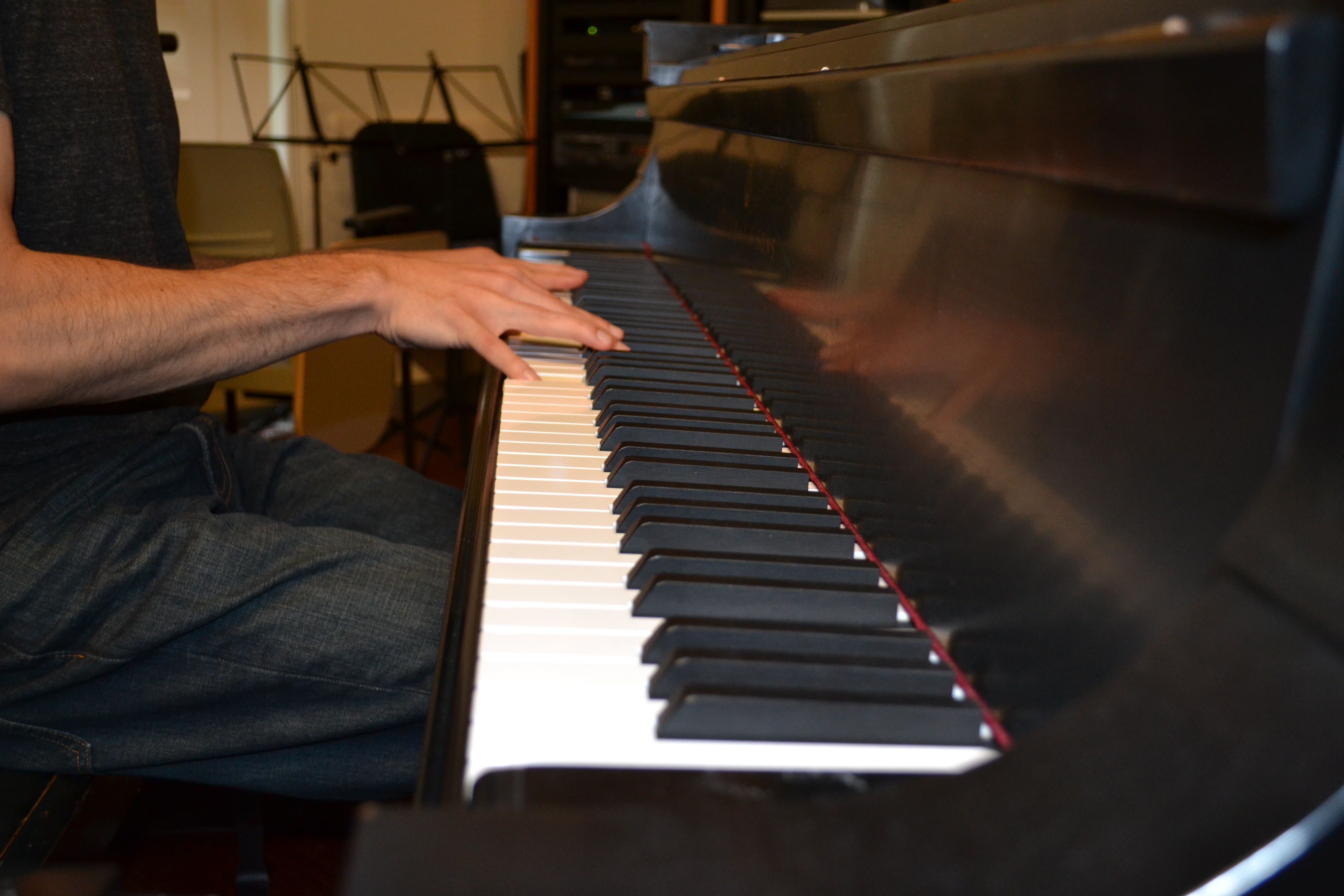
 Share On Facebook
Share On Facebook Tweet It
Tweet It

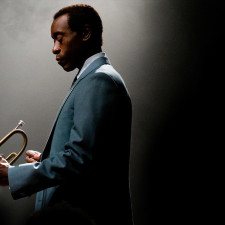
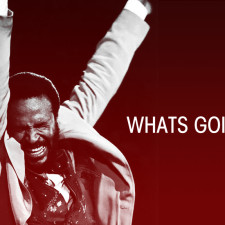


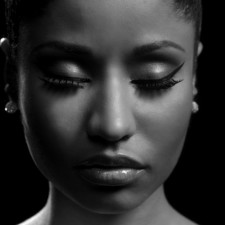
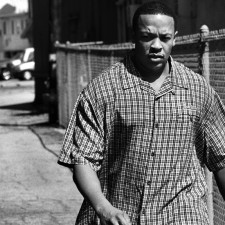

![[VIDEO] Black Music and the Aesthetics of Protest](https://musiqology.com/blog/wp-content/uploads/2015/03/onlynchings1-225x225.jpg)


